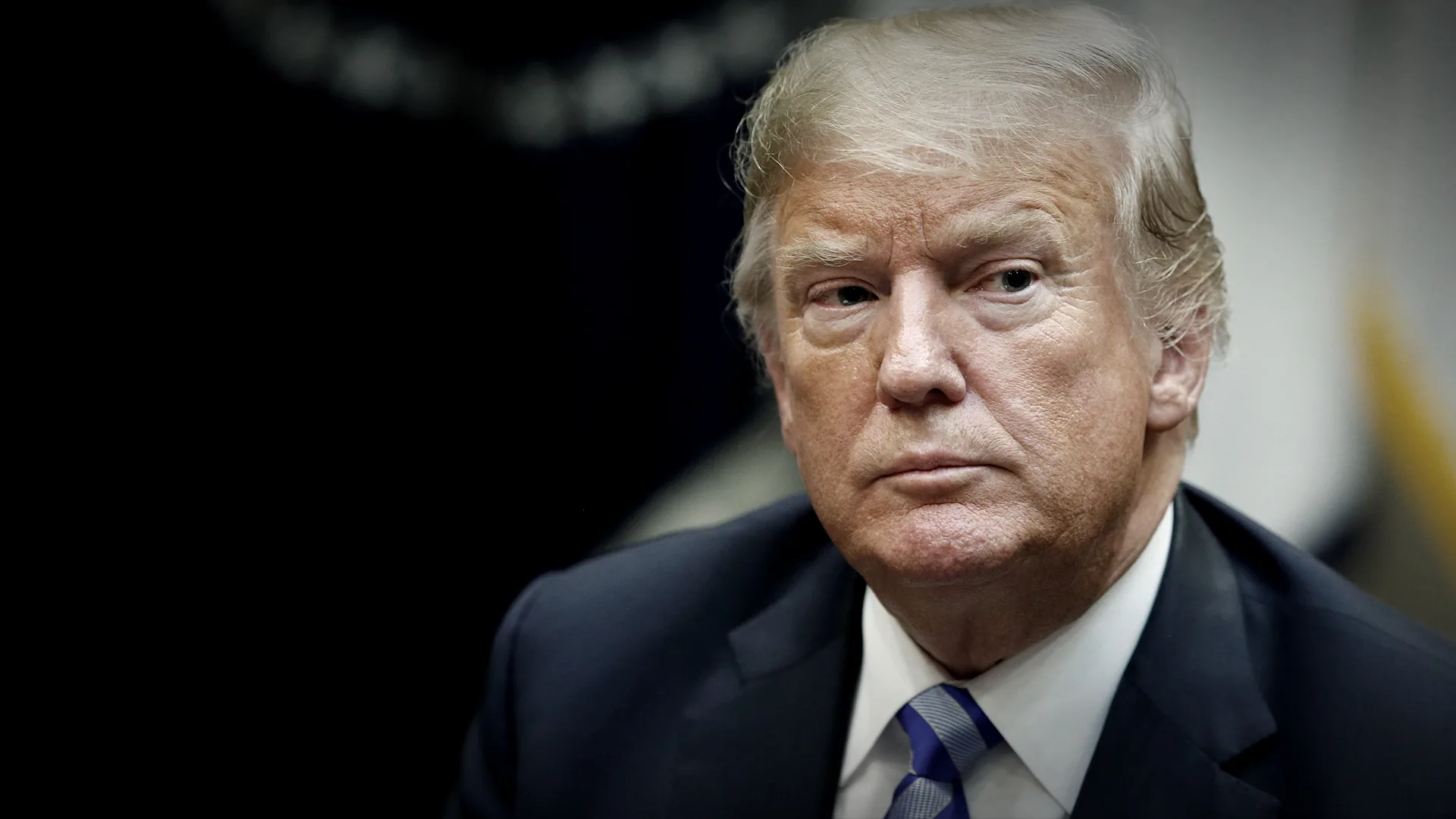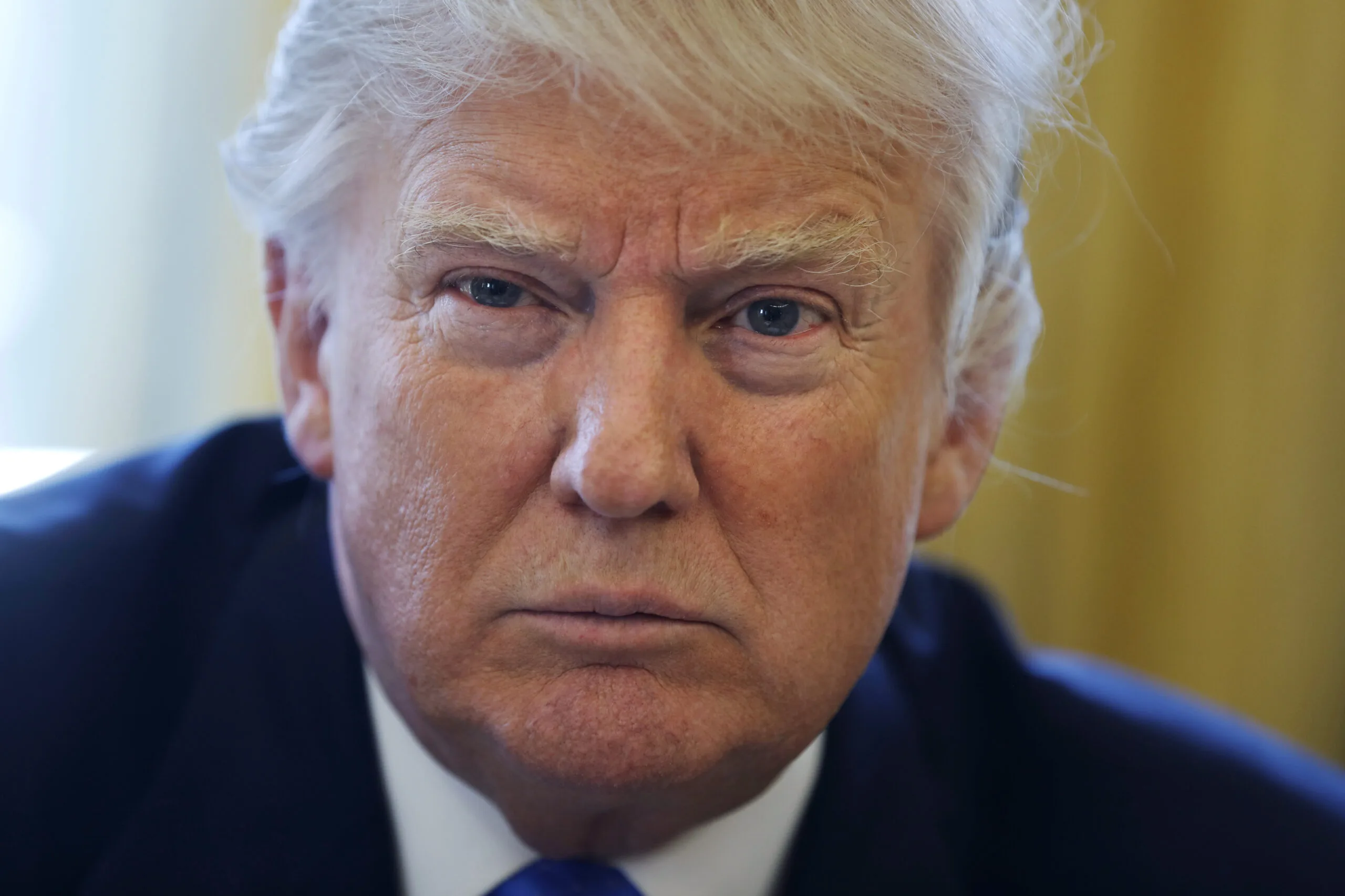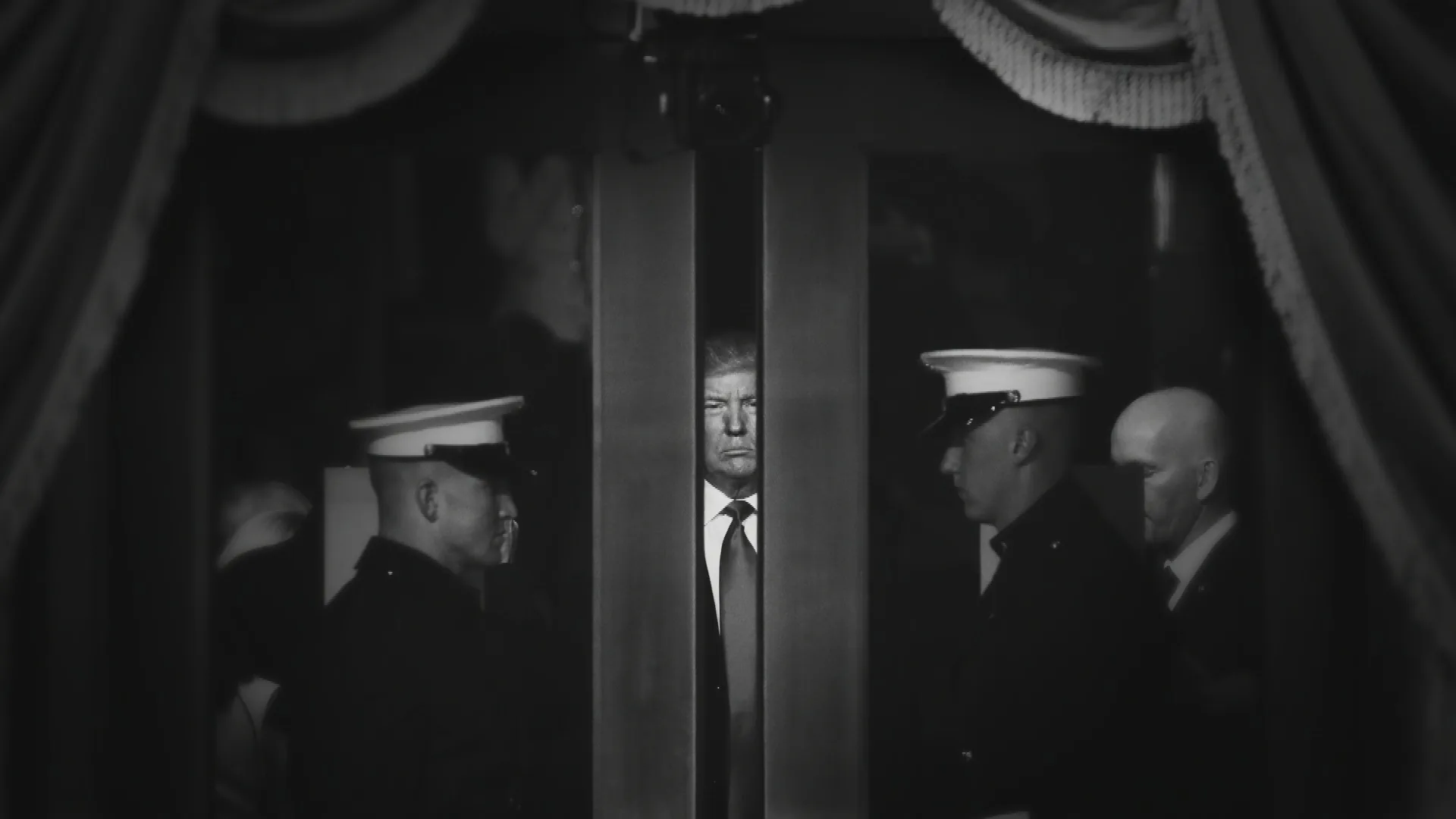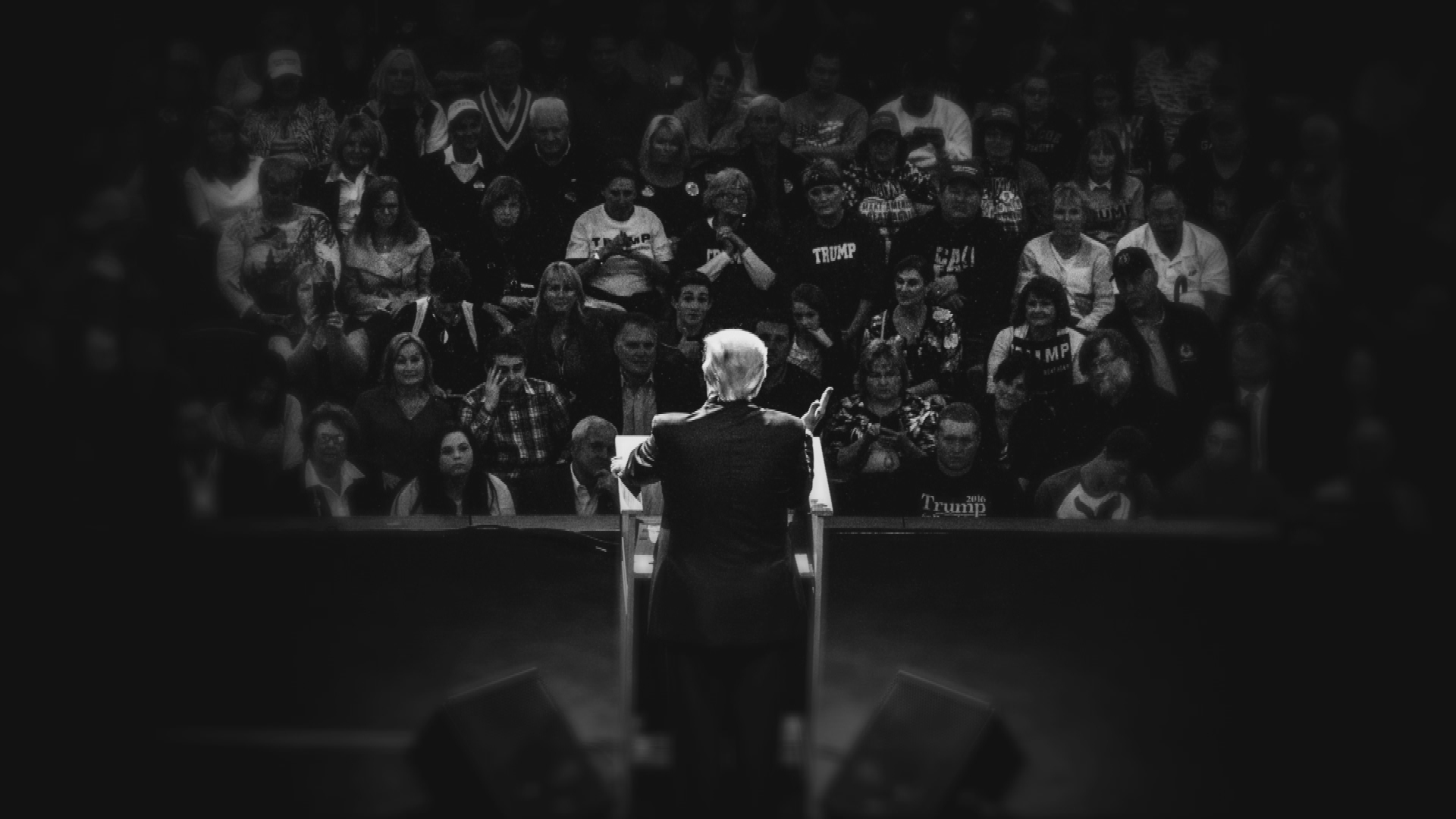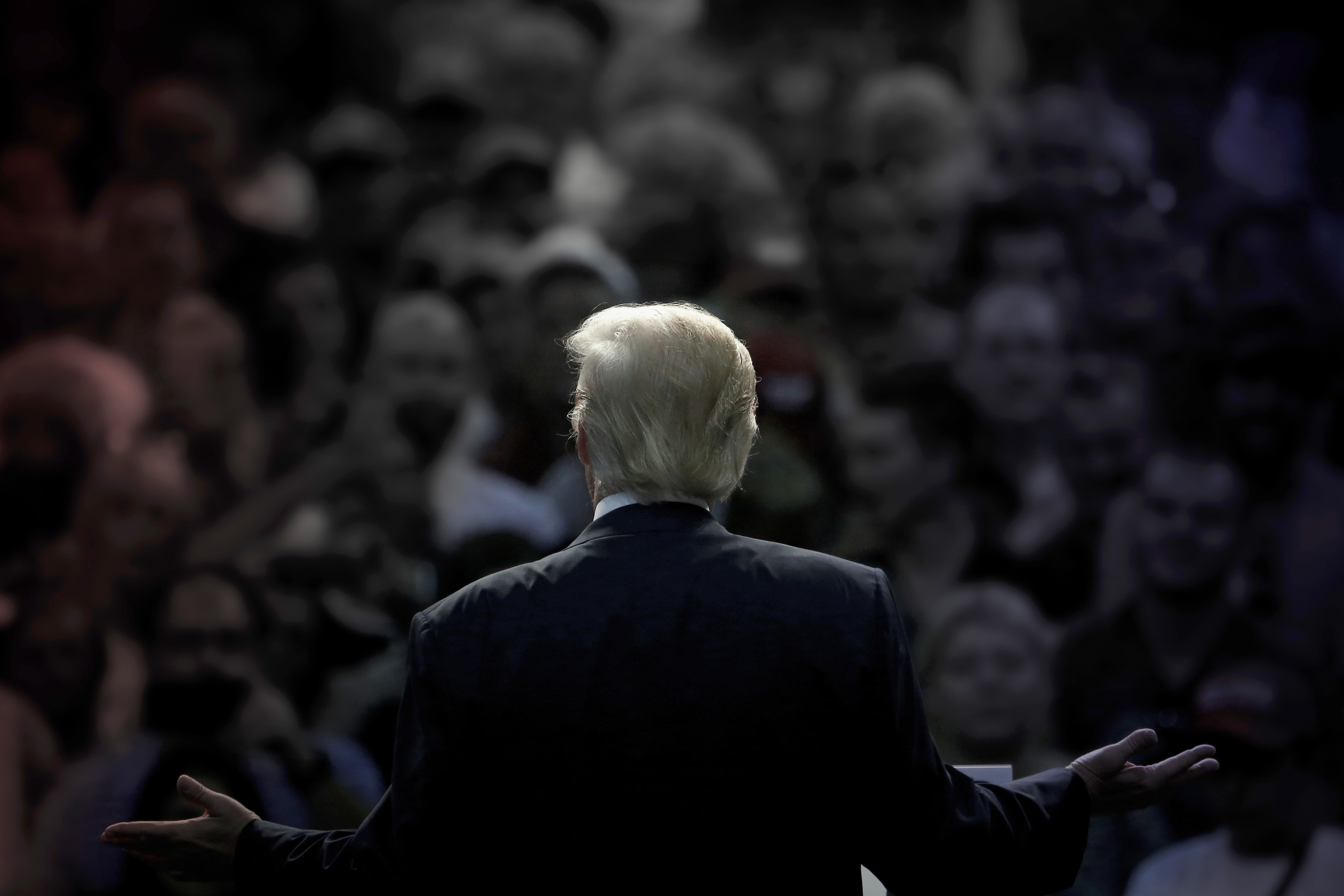Nancy Pelosi Announced a Formal Impeachment Inquiry. Now What?
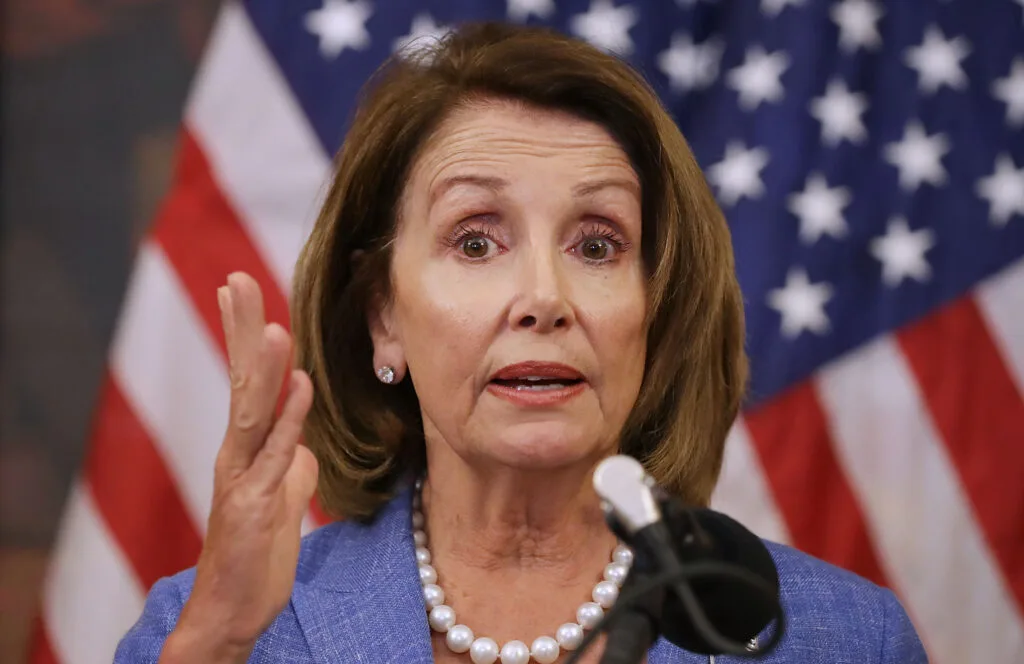
By
Zoe ToddSeptember 25, 2019
Share
As questions about President Donald Trump, Ukraine and Joe Biden swirled, House Speaker Nancy Pelosi announced on Tuesday a formal impeachment inquiry into the president. In a televised statement, Pelosi said “no one is above the law,” pointing to recent reports that Trump pressured Ukrainian President Volodymyr Zelensky to investigate his potential 2020 rival Joe Biden.
“The actions of the Trump presidency revealed dishonorable facts of betrayal of his oath of office and betrayal of our national security and betrayal of the integrity of our elections,” Pelosi said. “Therefore, today, I’m announcing the House of Representatives is moving forward with an official impeachment inquiry and directing our six committees to proceed with their investigation under that umbrella of impeachment inquiry.”
The announcement comes after months of conjecture about impeachment proceedings, but still, many are wondering: now what? FRONTLINE spoke to two impeachment experts to find out what comes next.
What is a formal impeachment inquiry?
A formal impeachment inquiry is a process by which the House of Representatives decides whether to vote on articles of impeachment, which are defined as high crimes and misdemeanors such as treason and bribery. A clause in the U.S. Constitution allows the House, by a majority vote, to impeach any sitting president, vice president or elected official.
Does Pelosi have the power to launch an inquiry?
Yes and no. Pelosi’s statement could be construed as just that — a statement, said Laurence Tribe, a professor of constitutional law at Harvard University and the co-author of To End a Presidency: The Power of Impeachment.
“This is clearly a formal impeachment inquiry, and that means that the House is acting in a prosecutorial role,” Tribe said, adding that the House may choose to double down by voting on whether to authorize the inquiry.
What triggered the inquiry?
Pelosi’s statement follows claims that Trump pressured Ukraine to investigate presidential candidate and opponent Joe Biden and his son, Hunter, who sat on the board of a Ukrainian natural gas company. The reports hinge on a controversial phone call in July between Trump and Ukraine’s President Zelensky, coupled with an intelligence community whistleblower complaint. The White House on Wednesday published its transcript of the call. (Editor’s note: The transcript has been removed from the White House website, but a PDF is available via NPR.) Congress has also demanded the White House release the whistleblower complaint. If that doesn’t happen, Tribe said it’s likely the House will simply vote to impeach the president for “obstructing justice in the pursuit of the truth about this incredibly important matter.”
How is this different from impeachment talk that surrounded the Mueller investigation?
Impeachment buzz is nothing new. The Mueller investigation galvanized fresh but ultimately unfruitful calls by the Democrats to topple Trump — but Tribe said this is “totally different.”
The inquiry is “forward-looking, not backward-looking,” he said, focusing on actions Trump may have taken to influence an election while president.
“This is about 2020, not 2016,” Tribe said. “In any event it looks like the odds of actual articles of impeachment being voted now are better than 50/50 and that’s a completely different situation from what would have been the case a couple of days ago.”
What does the president say?
“PRESIDENTIAL HARASSMENT!” Trump tweeted shortly after Pelosi’s announcement. In subsequent tweets, he called the inquiry both “Witch Hunt garbage” and a “total Witch Hunt Scam by the Democrats.”
Trump was at a UN General Assembly meeting in New York when news of the inquiry broke. A statement released by his press secretary further condemned the inquiry, stating that the Trump administration would “continue to be vigorous in laying out the facts and standing up for the many forgotten men and women who elected him.” A transcript of the phone call between Trump and Ukraine’s president was released by the White House the next day.
Can Trump stop the inquiry?
He can try, but he may end up damaging his case in the process, said Allan Lichtman, professor of history at American University and author of The Case for Impeachment. By launching a formal impeachment inquiry, the House has the constitutional right to question witnesses and demand documents related to the investigation.
“The president is entirely at the mercy of the inquiry and what comes next,” Lichtman said, adding that “the courts have not been sympathetic to presidents attempting to interfere with impeachment inquiries.”
Now what?
First, the House must agree on how to conduct the inquiry. Most likely, the House Judiciary Committee will take on the task of investigating Trump to propose what — if any — articles of impeachment should be brought against him. The inquiry could take months, stretching into an election year, before the House reaches a conclusion about whether there are grounds for impeachment. That would be politically advantageous to Democrats by casting a pall on Trump’s presidential bid.
Because Pelosi previously resisted calls for impeachment, the announcement signals there is strong evidence against Trump, Lichtman said.
“I don’t think Nancy Pelosi would have made a dramatic address to the American people and abandoned her long-term opposition to going forward on impeachment if she did not expect this ultimately to result in articles of impeachment against the president,” he said.
The House will vote on each proposed article of impeachment before the issue moves to the Senate. If at least two-thirds of the Senate votes to convict the president, he will be removed from office.
Want to know more?
FRONTLINE has been chronicling Trump’s presidency since the beginning. Here are five documentaries that offer context on how America reached this moment, Trump’s war with America’s intelligence community, and how the president has responded to earlier political challenges.
President Trump Trump’s Road to the White House Trump’s Takeover Trump’s Showdown The Mueller InvestigationThis story has been updated to remove and replace the inactive White House link to the July 2019 phone call transcript.

Latest Documentaries
Related Stories
Related Stories
Explore
Policies
Teacher Center
Funding for FRONTLINE is provided through the support of PBS viewers and by the Corporation for Public Broadcasting, with major support from Ford Foundation. Additional funding is provided the Abrams Foundation, Park Foundation, John D. and Catherine T. MacArthur Foundation, Heising-Simons Foundation, and the FRONTLINE Trust, with major support from Jon and Jo Ann Hagler on behalf of the Jon L. Hagler Foundation, and additional support from Koo and Patricia Yuen. FRONTLINE is a registered trademark of WGBH Educational Foundation. Web Site Copyright ©1995-2025 WGBH Educational Foundation. PBS is a 501(c)(3) not-for-profit organization.












